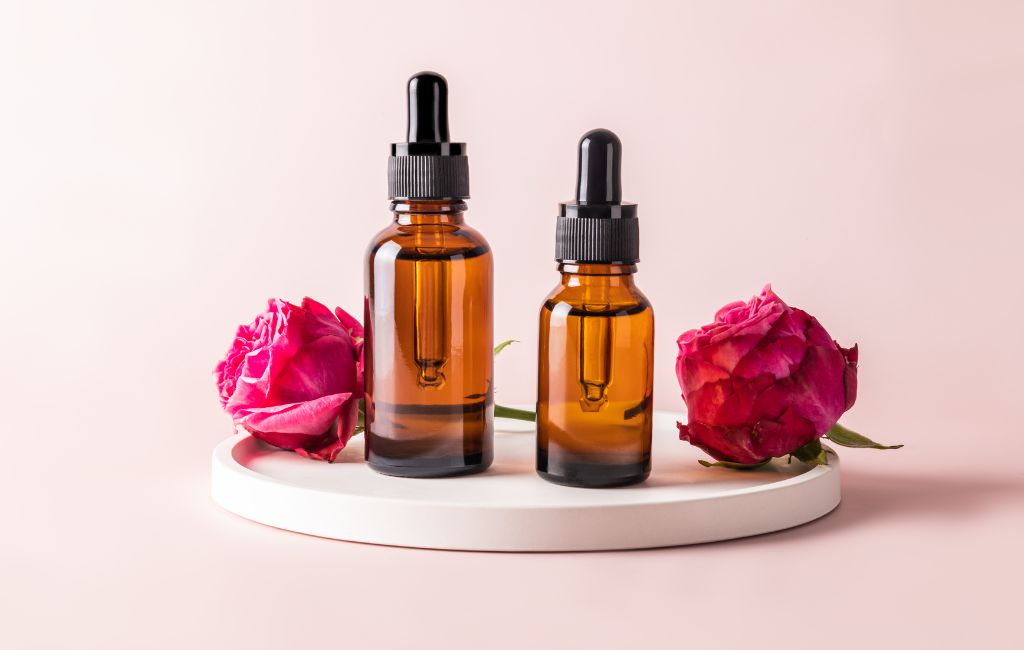Choices for the Best Peptides for Hair Growth
Hair loss is a common concern affecting millions worldwide. With advancements in science, peptides have emerged as a promising solution for promoting hair growth. This article explores the best peptides for hair growth available, their benefits, and how they can be integrated into hair care routines.
Understanding Peptides
Peptides are short chains of amino acids, the building blocks of proteins. They play a significant role in various biological functions, including cell signaling and tissue repair. In the context of hair growth, peptides can stimulate hair follicles, enhance blood circulation, and promote the production of essential proteins like keratin and collagen.
Benefits of Peptides for Hair Growth
Peptides offer several advantages for those seeking to improve hair health:
- Stimulate Hair Follicles: Peptides can activate dormant hair follicles, encouraging new hair growth.
- Improve Scalp Health: By enhancing blood circulation, peptides ensure that hair follicles receive adequate nutrients and oxygen.
- Strengthen Hair Structure: Peptides contribute to the production of keratin, strengthening hair strands and reducing breakage.
- Reduce Inflammation: Some peptides have anti-inflammatory properties, which can soothe the scalp and reduce hair loss caused by inflammation.
Top Peptides for Hair Growth
1. Copper Peptides
Copper peptides are renowned for their ability to stimulate hair growth. They work by increasing blood flow to the scalp and promoting the production of collagen and elastin. Studies have shown that copper peptides can extend the hair growth phase, leading to thicker and fuller hair.
2. Biotinoyl Tripeptide-1
This peptide is a derivative of biotin, a vitamin known for its hair-strengthening properties. Biotinoyl Tripeptide-1 enhances the anchoring of hair follicles, reducing hair loss. It also improves scalp health by increasing blood circulation and nutrient delivery.
3. Acetyl Tetrapeptide-3
Acetyl Tetrapeptide-3 is a biomimetic peptide that mimics the body’s natural processes. It strengthens hair follicles and promotes the production of collagen, leading to healthier hair. Clinical trials have demonstrated its effectiveness in reducing hair loss and increasing hair density.
4. Palmitoyl Tetrapeptide-7
Known for its anti-inflammatory properties, Palmitoyl Tetrapeptide-7 can reduce scalp inflammation, a common cause of hair loss. By soothing the scalp, it creates an optimal environment for hair growth.
Case Studies and Research
Several studies have highlighted the effectiveness of peptides in promoting hair growth:
- A study published in the Journal of Cosmetic Dermatology found that copper peptides significantly increased hair growth in participants after 12 weeks of use.
- Research in the International Journal of Trichology demonstrated that Biotinoyl Tripeptide-1 improved hair density and reduced hair loss in a group of volunteers.
- Clinical trials on Acetyl Tetrapeptide-3 showed a 35% increase in hair density after 16 weeks of treatment.
How to Incorporate Peptides into Your Hair Care Routine
Integrating peptides into a hair care regimen can be straightforward. Here are some tips:
- Choose the Right Products: Look for shampoos, conditioners, and serums that contain peptides. These products can be easily incorporated into daily routines.
- Consistency is Key: Regular use of peptide-infused products is necessary for visible results. Aim for at least three months of consistent application.
- Combine with Other Treatments: Peptides can be used alongside other hair growth treatments, such as minoxidil or laser therapy, for enhanced results.
Potential Side Effects
While peptides are generally safe, some individuals may experience mild side effects:
- Scalp Irritation: Some users may experience redness or itching. Conduct a patch test before full application.
- Allergic Reactions: Rarely, peptides can cause allergic reactions. Discontinue use if any adverse effects occur.
Conclusion
Peptides offer a promising avenue for those seeking to enhance hair growth and improve scalp health. With options like copper peptides, Biotinoyl Tripeptide-1, and Acetyl Tetrapeptide-3, individuals can find a solution tailored to their needs. By understanding the benefits and incorporating peptides into a regular hair care routine, achieving healthier, fuller hair is within reach.
